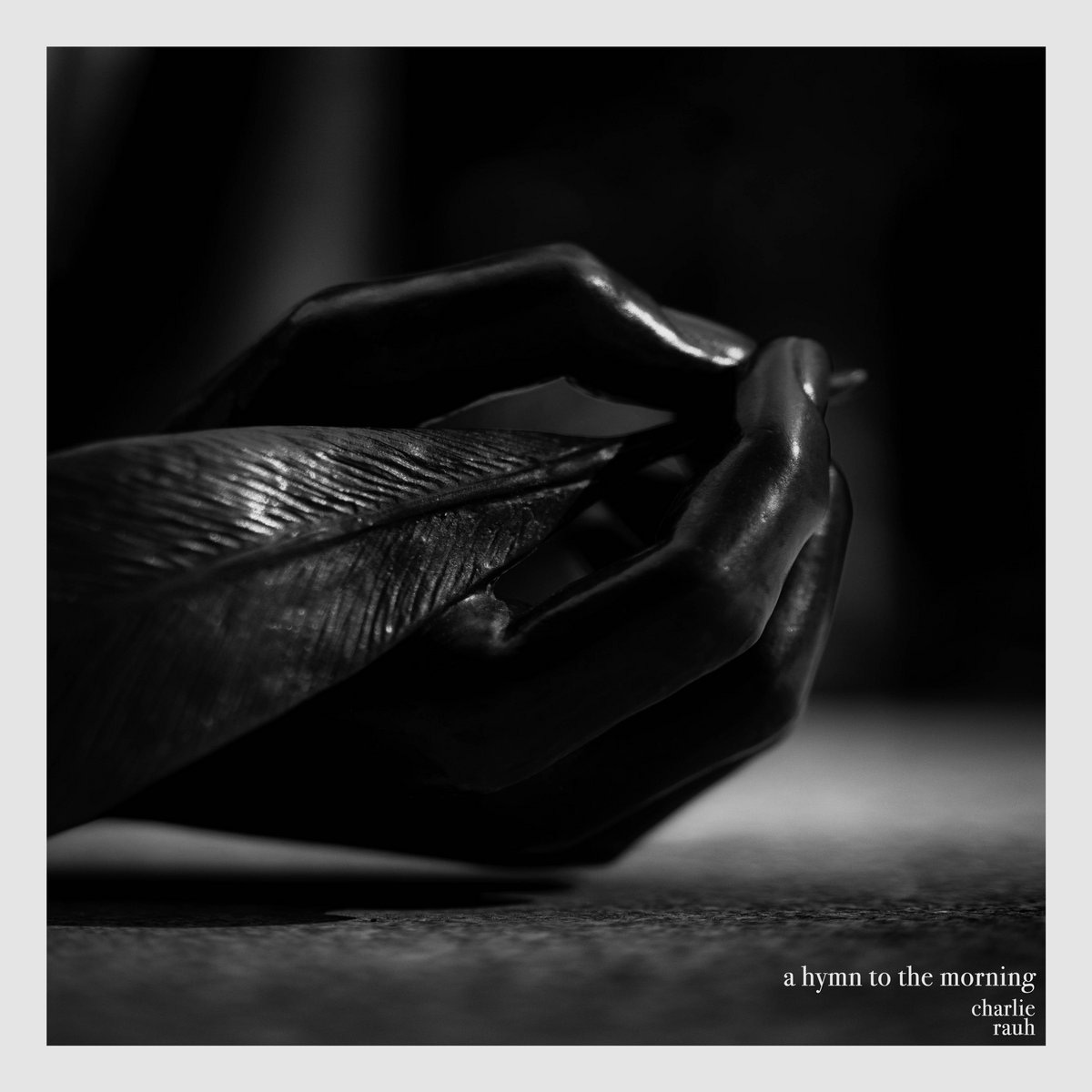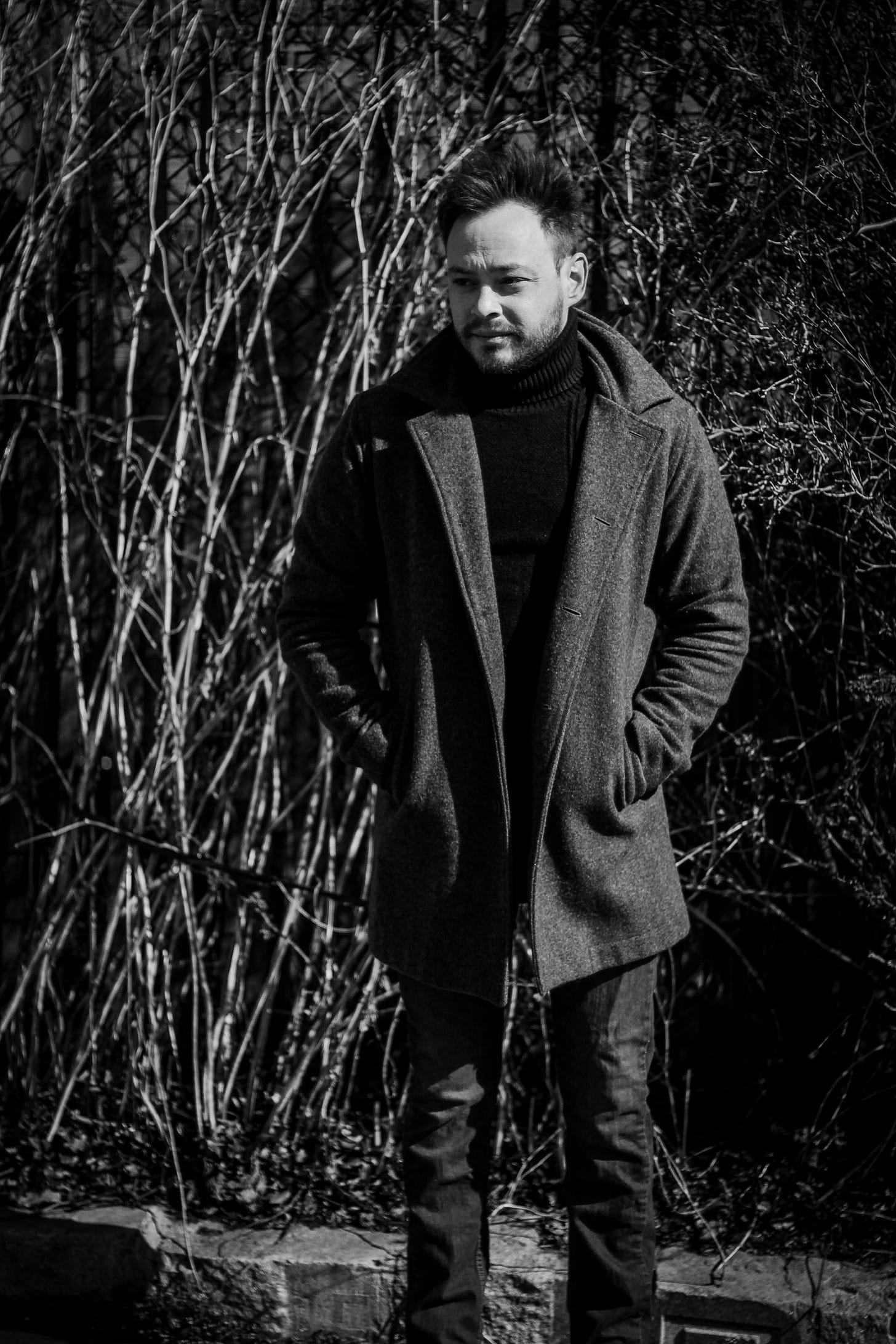Music Composer, Guitarist Charlie Rauh on Love in the Face of Death
"I have come to believe that courage is not the absence of fear, but the disarming of fear through love"
1. How has music worked as a tool for processing your own grief and loss?
The processing of grief has played a significant role in my development as a composer. When I was young, music functioned to express myself above all else. I would create music based on my thoughts or my feelings, it was all very self-oriented. As I grew older, and life began taking more than it gave, my creative approach drastically changed. The first grief-inspired music I wrote came in response to the murder of my best friend in 2012 - an unexpected blow that also coincided with being displaced from my home in NYC due to Hurricane Sandy. This music was less about expression and more about awareness, realization, and surrender.
The missing pieces that accompanied the loss of my friend have remained permanent but have likewise allowed some insight into the need to live with the emptiness and honor it as a monument. I continue to compose pieces of music in memorial to lost loved ones with an acute awareness that time is brief, unpredictable, joyous, and unrelenting.
I believe it is important to allow grief to have its place, I believe it is important to remember those who die, I believe that the resistance of pain only magnifies its damage. In the empty spaces left by those who die, I believe it is essential to accept our grief while surrendering our pain. From a creative standpoint, this has taken the form of distillation. I am in the final stages of publishing my first book, “Simply, Patiently, Quietly”, which goes into detail on this idea - being aware of the smaller things, being still long enough to feel as much as you see and hear, leaving nothing but what needs to be there – in this creative space, we may use our lives to honor everyone and everything around us.
2. How has being a musician impacted your relationship with your own mortality?
My journey as a musician and composer continues to clarify the need for living with intention. Growing older is an honor, and as I approach mortality more and more, my music documents the adventure of life. Playing music has offered me countless opportunities to learn from wonderful people, travel to amazing destinations, and explore the wondrous passage of time.
The unpredictability of mortality can be seen as frightening. I am often reminded of novelist Anne Brontë’s final words to her sister before passing away:
“Take courage”
I think about what courage really is, and how fear comes into that picture. I have come to believe that courage is not the absence of fear, but the disarming of fear through love. While I am alive, I hope I can make music that functions this way. When I am to die, I hope my fear is disarmed and my courage is resonant.

3. What is the value musicians can bring to both a death and grief avoidant culture?
I take great musical influence from poet Phillis Wheatley Peters’ elegies. Written in the 1700s for members of her community during her time as an enslaved person in the colonies, PWP beautifully articulates deeply felt empathy, engagement, hope, and courage. I believe the artist’s role in any given culture is, in part, to offer perspectives on the difficult or painful elements of life.
We will all die, and we will all experience grief while we are alive. It’s imperative for musicians to frame these natural occurrences in such a way that the culture may relate on a personal level and find ways into discussing/understanding them.

NYC based guitarist/composer Charlie Rauh has been invited to be resident composer by such organizations as The Rauschenberg Foundation, The Klaustrid Foundation, Louisiana State University, and The Chen Dance Center. His work as a soloist has been supported by grants from Meet The Composer, New York Foundation For The Arts, and The Fractured Atlas Group. Rauh’s approach to solo guitar composition takes inspiration from folk lullabies, plainchant, and the imagery of various poets ranging from the Brontës to Anna Akhmatova. Acoustic Guitar Magazine notes that “Charlie Rauh plays guitar with a quiet intensity, each note and chord ringing with purpose...With these lullabies Rauh gives a gentle reminder that playing soft and slow can be more impactful than loud and fast.
YOU CAN LISTEN TO CHARLIE RAUH’S MUSIC ON DESTINY RECORDS HERE:
If you’re seeking music for a funeral or memorial service in honor of a loved one, feel free to reach out. Sound & Memory creates custom music programs across genres. You can learn more about our live music offerings at this link.
⭐️ Give the gift of music to the bereaved
⭐️ Support death positive public programs delivered through music
⭐️ Sponsor a person in need of death doula support (end of life planning and legacy building)
Make a TAX DEDUCTIBLE donation to Sound and Memory




